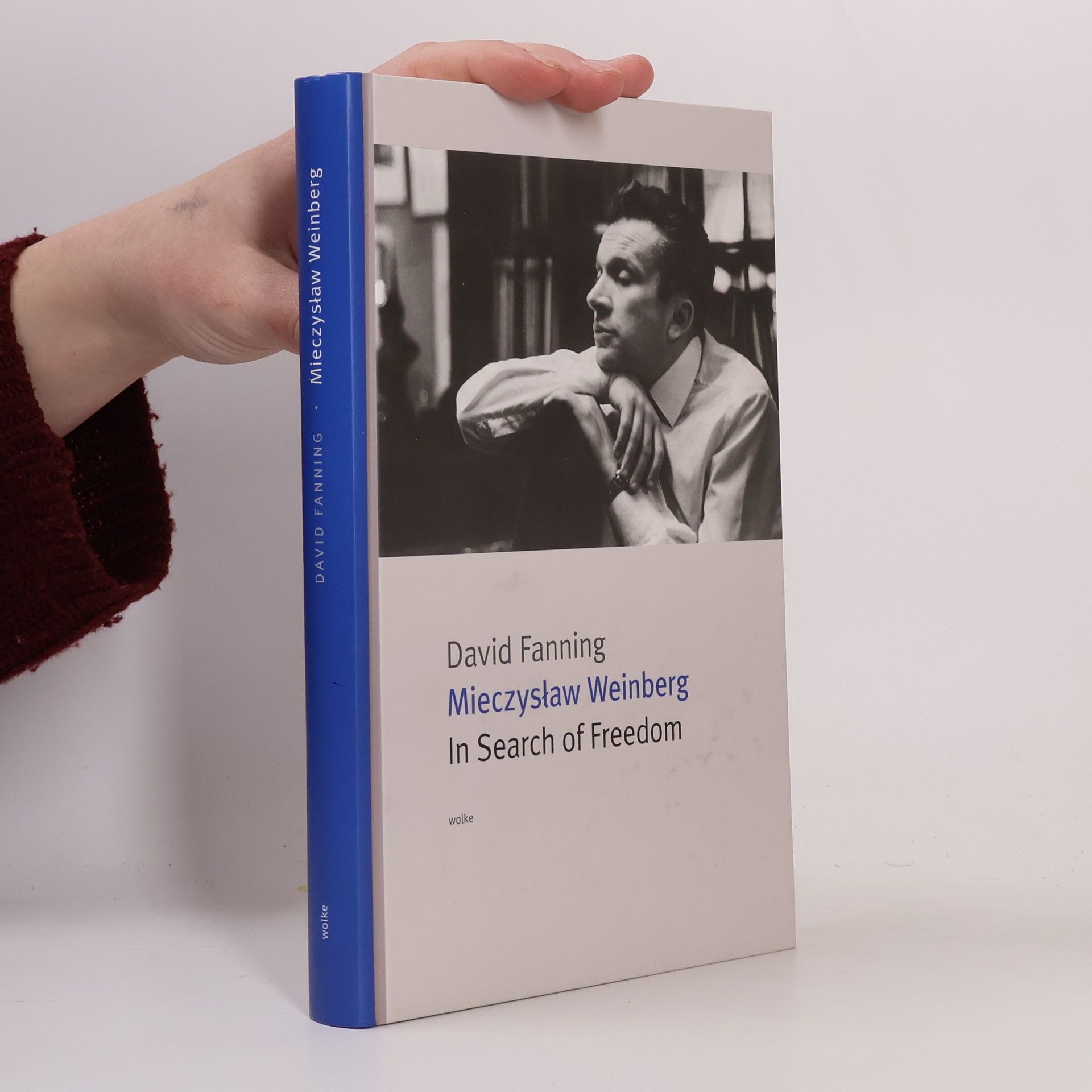Mieczyslaw Weinberg
- 248bladzijden
- 9 uur lezen
David Fanning was een Loyalist leider tijdens de Amerikaanse Onafhankelijkheidsoorlog, wiens leven werd gekenmerkt door conflicten en dramatische wendingen. Hoewel hij deelnam aan talrijke schermutselingen en zelfs de gouverneur van North Carolina gevangen nam, werd hij zelf meerdere keren gevangen genomen, waarbij hij steeds wist te ontsnappen of gratie te krijgen. Zijn memoires, postuum gepubliceerd, schetsen het beeld van een man wiens methoden en controversiële nalatenschap hem tot een fascinerende figuur in de Amerikaanse geschiedenis maken.




Highlighting the definitive work of Carl Nielsen, Denmark's most renowned composer, this book delves into his significant contributions to music and explores his unique style and influence. It provides insights into Nielsen's life, his creative process, and the cultural context of his compositions, offering readers a comprehensive understanding of his legacy in the world of classical music.
Focuses on the multi-disciplinary development of expressionism, setting it in a cultural, political and historical context. The contributors explore the manifestations of this influential, yet loosely-defined, movement in painting, music, theatre, sculpture, film, opera, architecture and dance.